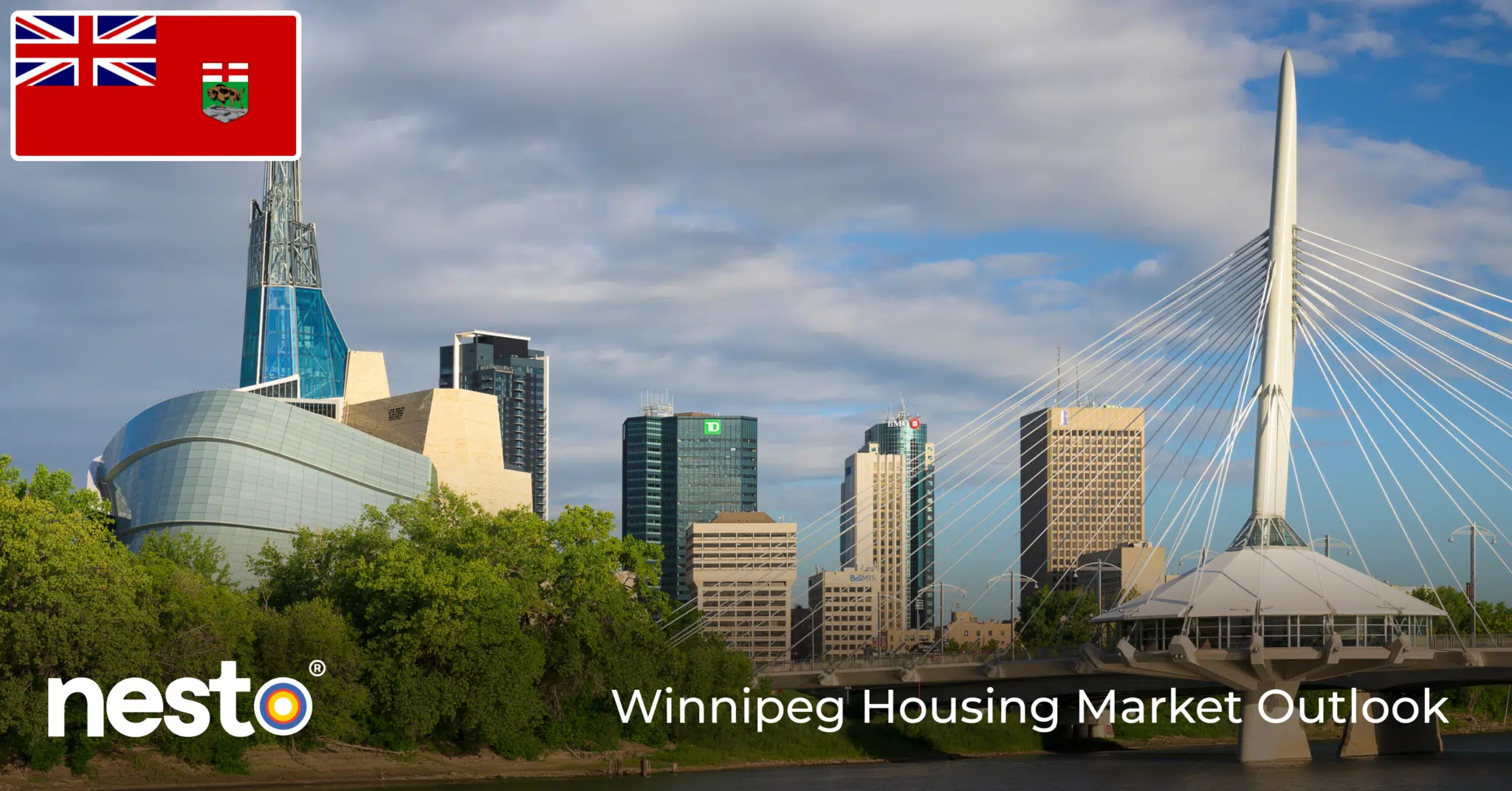Should You Borrow for Your Down Payment?

Table of contents
Saving for a down payment can be the largest struggle a first-time homebuyer will face. Fortunately, there are a number of programs and options available to help get you into your own home sooner and start building equity, including the ability to borrow some of your down payment funds.
Key Takeaways
- You’re able to borrow money for your down payment in most cases as long as you can provide some of the funds yourself
- Borrowing down payment money is trickier for first-time home buyers, but there are programs available just for first-timers
- Most buyers use traditional down payment sources such as money from their own savings or investments
Can you borrow to make a down payment in Canada?
Yes. Fortunately, in Canada, you’re able to borrow some money for your down payment in most cases as long as you can provide the required minimum funds yourself. Lenders also typically want to see that you have favourable credit and solid repayment history.
The minimum down payment required using your own resources when buying a home in Canada is 5% of the purchase price for a home valued at $500,000 or less and 10% for the portion of the purchase price above $500,000. See: Your Down Payment Options When Purchasing a House🤓
Example: If you’re buying a home for $750,000, your minimum down payment is $25,000 for the first $500,000 (5%) and $25,000 for the remaining $250,000 (10%) = $50,000 minimum down payment
HELOC vs other options
Borrowed funds for your down payment – such as from a home equity line of credit (HELOC), unsecured line of credit, credit card, personal loan or family member loan – is considered a ‘non-traditional’ down payment method.
Non-traditional down payment options are typically only acceptable for use by borrowers with favourable credit and solid repayment history.
Using a secured HELOC or other type of home equity loan is the most cost-effective way to access funds for a down payment because, since you’re tapping into your home’s equity – money you’ve already accumulated – the interest rate will be much better than unsecured options such as a regular line of credit, credit card or personal loan. But, of course, first-time home buyers don’t have access to home equity. Thankfully, there are programs available specifically for first-timers. See: First-Time Home Buyer Programs in Canada
Using HELOC funds for a down payment is also typically more straightforward than borrowing from a family member, since no one else needs to be in your business or have anything to hold over your head in the form of regular payments to be made to a member of your family.
Beginning your home journey?
Start with a low rate.
Chat with a nesto expert today, commission-free, and secure your rate.
Pros & cons of borrowing money to make a down payment
The major pro of borrowing money for your down payment is that your monthly mortgage payments will get smaller as you put more money down.
The biggest con is that you need to have saved some of the down payment on your own before borrowing the remaining money. As well, non-traditional down payment options like borrowing funds are typically only acceptable for use by those with favourable credit and solid repayment history.
Another con is that repayment of borrowed funds must be included in the total debt service (TDS) calculation. TDS is the percentage of income that’s needed to cover housing costs (principal, interest, taxes and heat), plus any other monthly obligations (payment towards credit cards, lines of credit, personal loans and vehicle financing/leasing). See: How Much House Can I Afford?✋
Important: Interest rates are typically higher when opting for non-traditional versus traditional down payment options.
Alternatives to borrowing
Most buyers use traditional down payment sources such as money from their own savings or investments.
Next are RRSP withdrawals under the Home Buyers’ Plan (HBP). This program enables first-time homebuyers to withdraw up to $60,000 from their RRSPs ($120,000 as a couple) for a down payment.
This is a tax-free, interest-free loan, where funds must be repaid over 15 years (annual payments of one 15th of the total amount are required). Another stipulation is that the funds must be in the RRSP account for a minimum of 90 days prior to being withdrawn for HBP use.
Rounding out the top three most popular traditional down payment sources is a gifted option. Lenders have stringent guidelines in place for this type of down payment. The gift must come from an immediate family member – parents, grandparents, siblings, etc – and it must solely be given as a gift that’s not expected to be paid back.
A gift letter is most often used to confirm the funds are not part of a loan. Confirmation proving that the funds have been deposited into the buyer’s account is also required. See: Your Down Payment Options When Purchasing a House✍️
Definition: A house ‘deposit’ is upfront money often required from the buyer to show the seller there’s interest in buying the home. A minimum ‘down payment’ is mandatory in order to get approved for a mortgage on your new home.
Down payment vs deposit: what’s the difference?
Two common payments that home buyers – particularly first-time home buyers – use interchangeably are “deposit” and “down payment”. But, it’s important to understand that these two payment types are not the same. See: House Deposit vs Down Payment
Ready to get started?
In just a few clicks, you can see our current rates. Then apply for your mortgage online in minutes!















